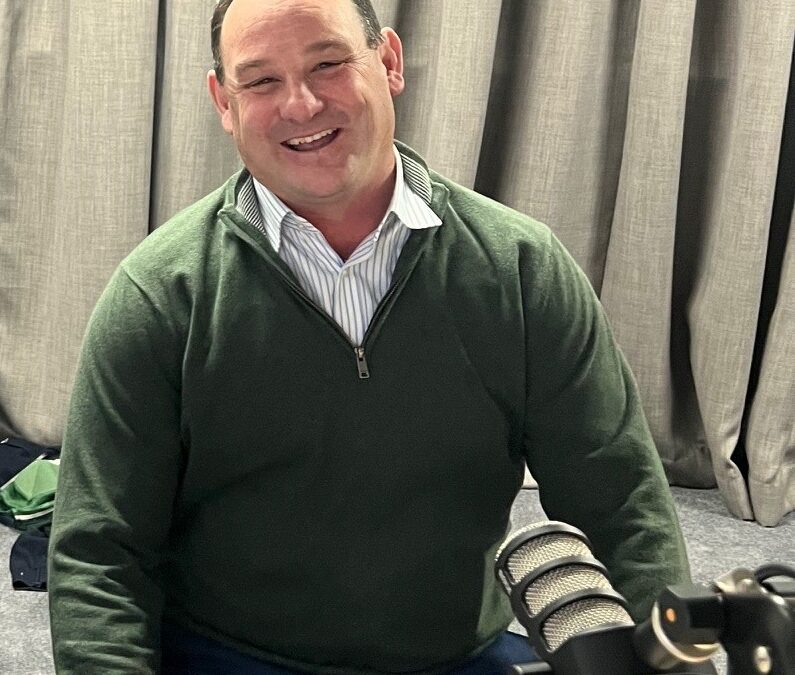Which asset classes are best for you?
When a financial adviser creates a financial plan, they use a number of factors to determine which combination of asset classes will work best for you. These factors include your attitude to risk, your investment time frame and your financial and lifestyle goals. The end result or how your money is invested across the different asset classes is known as your ‘asset allocation’.
For example, if you are a risk-averse investor looking for stable returns or wanting a low-risk, short-term investment option for a sum of money (eg a home deposit) – your financial adviser would probably weight your asset allocation more heavily towards defensive investments such as cash and fixed interest.
On the other hand, if you are comfortable with short- term fluctuations in the value of your investments and want to invest for more than five years, growth investments such as Australian and international shares may be the best option for you.
If you are concerned that your asset allocation does not match your investment goals or attitude to risk, it’s important to review your financial plan with your financial adviser. They can adjust your asset allocation as required to help you achieve the best possible results.
The four main asset Classes:
Cash
Cash includes money in bank accounts, as well as investments in bank bills and similar securities and some short term (up to 12 months) term deposits. Cash investments provide stable, low-risk income in the form of regular interest payments.
Time horizon: short term
Fixed interest
Fixed interest investments include term deposits, debentures, mortgages, and government and corporate bonds. The income return is usually in the form of regular interest payments for an agreed period of time. For fixed interest investments that are tradable (eg bonds), there is the potential for capital growth or decline depending on interest rate movements.
Time horizon: one to three years
Property
You can invest in property directly (eg when you buy a house or commercial premises such as a shop or office) or indirectly (eg by purchasing units in a property trust that is listed on a stock exchange). This asset class includes residential, commercial, retail, hotel and industrial property.
Time horizon: three to five years (medium term)
Shares
A share represents part ownership of a company. Shares are generally bought and sold on a stock exchange. Returns usually include capital growth as well as income from dividends. You can choose to invest in Australian shares, global shares or a mix of both.
Time horizon: five to seven years (long term)
General Advice Warning: The advice provided is general advice only as, in preparing it we did not take into account your investment objectives, financial situation or particular needs. Before making an investment decision on the basis of this advice, you should also consider the relevant Product Disclosure Statement before making any decision relating to a financial product.



